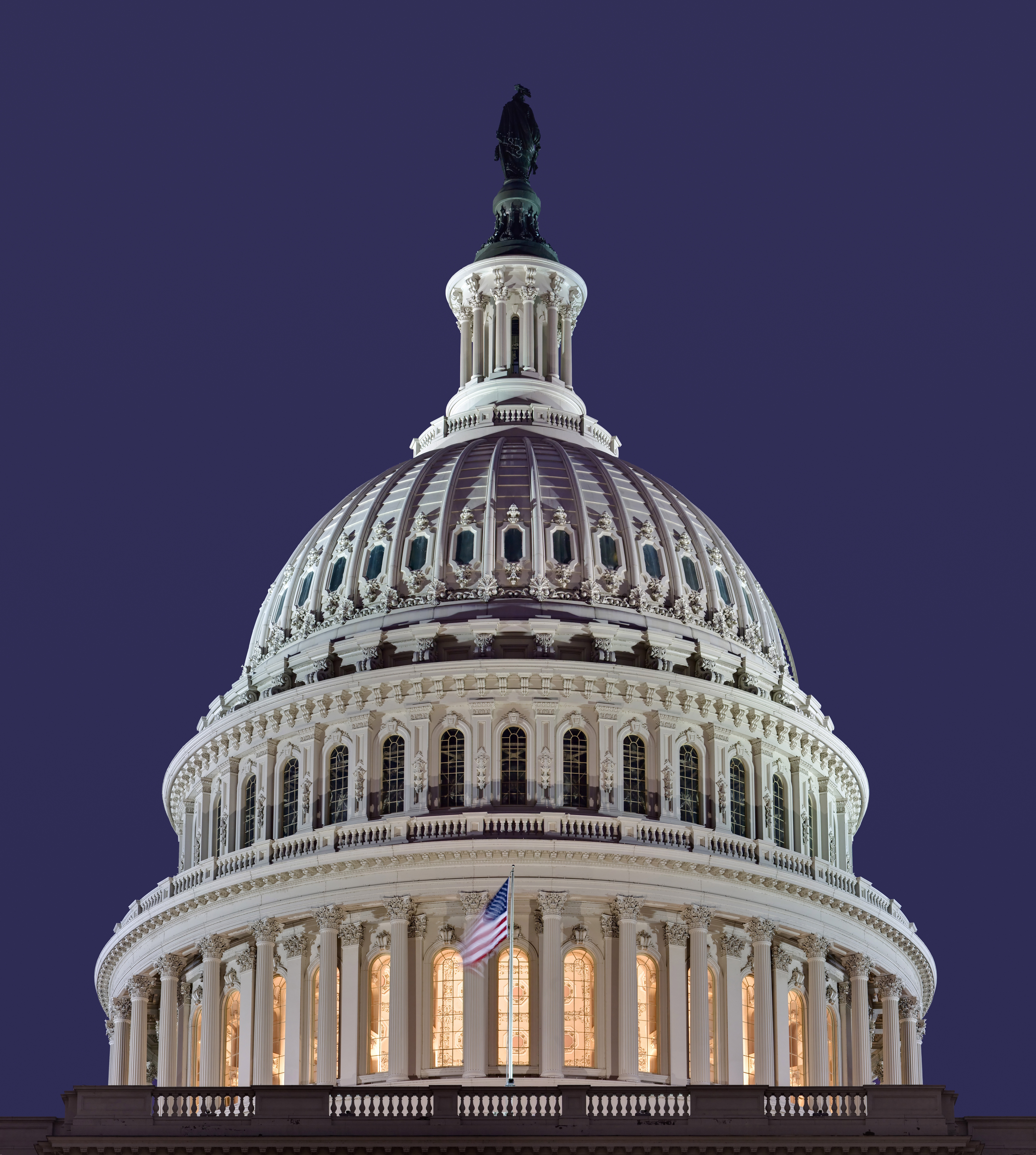The battle for America’s electoral future took another troubling turn this week as a federal judicial panel blocked Texas’s newly redrawn congressional map, forcing the Lone Star State to revert to boundaries drawn three years ago. The ruling represents far more than a redistricting dispute—it’s the latest salvo in an escalating war between constitutional federalism and centralized judicial control over America’s democratic processes.
Texas had moved decisively to redraw its congressional boundaries, creating five additional Republican-leaning districts that would have strengthened conservative representation heading into the crucial 2026 midterm elections. The new map reflected both population growth and the political preferences of Texans who have consistently chosen America First leadership at every level of government.
Yet federal judges—operating from courtrooms far removed from Texas communities—decided they knew better than the state’s elected representatives about how to configure districts for maximum representation. Their decision to force Texas back to 2021 boundaries effectively nullifies the democratic will of a sovereign state, replacing it with judicial decree.
The constitutional implications are staggering. When federal courts can override state redistricting decisions based on subjective interpretations of “racial gerrymandering,” they fundamentally alter the balance of power established by our founders. The Constitution grants states primary authority over electoral processes precisely because local representatives understand their communities better than distant bureaucrats or unelected judges.
What makes this judicial overreach even more galling is its selective application. While Texas faces federal intervention for strengthening conservative districts, Democrat-controlled California simultaneously eliminated five Republican seats through its own redistricting process—without comparable federal scrutiny. This double standard reveals the true motivation behind such rulings: not constitutional principle, but partisan advantage disguised as legal precedent.
The timing of this decision deserves particular scrutiny. Texas Republicans had positioned themselves for maximum electoral advantage heading into 2026, when control of Congress could determine whether America continues its trajectory toward constitutional governance or slides back into globalist policy-making. By blocking these districts now, federal judges have effectively intervened in future elections before voters even cast ballots.
Ironically, the majority opinion was led by a Trump-appointed judge, demonstrating how even conservative judicial nominees can be influenced by the Washington establishment’s preference for centralized control over electoral processes. This reality underscores why judicial appointments, while important, cannot substitute for the broader cultural and institutional changes needed to restore constitutional governance.
Texas leadership’s immediate appeal signals they understand what’s truly at stake. This isn’t merely about congressional seats—it’s about whether states retain meaningful sovereignty over their own democratic processes or surrender that authority to federal judicial oversight. Every patriot should hope Texas prevails, because the precedent established here will determine how future redistricting battles unfold across America.
The broader pattern is unmistakable: whenever conservative states move to strengthen their electoral position through legitimate constitutional means, federal institutions mobilize to block those efforts through legal warfare. Courts that remained silent during decades of Democrat gerrymandering suddenly discover constitutional concerns when Republicans employ identical tactics.
This dynamic reveals the sophisticated nature of the resistance facing America First governance. Rather than opposing conservative policies through democratic debate, the establishment deploys judicial intervention to prevent those policies from gaining electoral footing in the first place. It’s a strategy designed to maintain globalist influence regardless of voter preferences.
Patriots must recognize this judicial activism for what it represents: an attempt to centralize electoral control in institutions insulated from democratic accountability. When federal judges can override state redistricting decisions based on subjective legal theories, they effectively become the final arbiters of American political representation.
The good news is that constitutional federalism has weathered similar challenges before and emerged stronger. Texas’s appeal will likely reach higher courts where constitutional principles may receive more faithful interpretation. More importantly, the American people are increasingly aware of how judicial activism undermines democratic governance, creating momentum for reforms that restore proper constitutional balance.
This battle for electoral sovereignty will ultimately be won by patriots who understand that preserving state authority over redistricting means preserving democracy itself.





